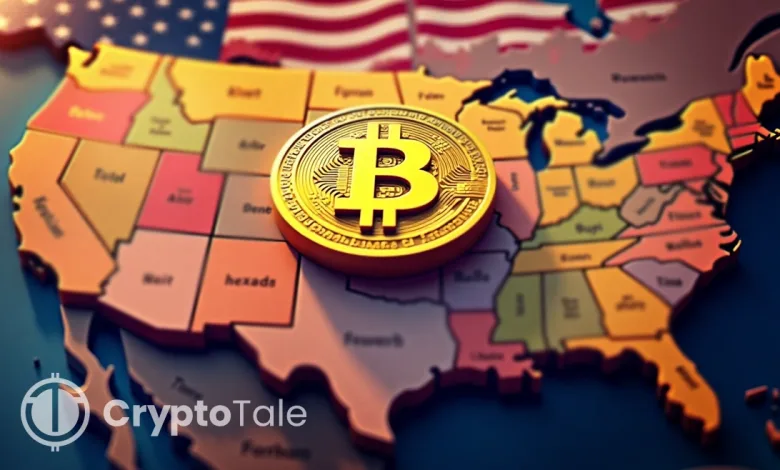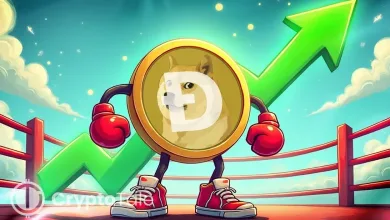U.S. Should Build Bitcoin Reserve to Stay Competitive: Bo Hines

- Bo Hines proposes a U.S. Bitcoin reserve using tariff revenue and gold revaluation strategies.
- The reserve aims to boost America’s crypto leadership without using taxpayer funds.
- A strategic report on digital assets and Bitcoin policy is expected by late July or August.
Bo Hines, the Executive Director of the U.S. Presidential Digital Asset Advisory Committee, is urging swift government action to build a national Bitcoin reserve. In a recent interview, Hines said the U.S. must act quickly to stay competitive in the digital currency race and outlined plans to accumulate Bitcoin through creative, budget-neutral strategies without relying on taxpayer dollars.
Hines said the Treasury Department is considering various methods to fund Bitcoin purchases. One idea involved using tariff revenue, while another revalued the government’s gold certificates, which are currently listed at $43 per ounce. Updating them to reflect market value, around $3,200 per ounce, could generate a paper surplus, which can be used to acquire Bitcoin without selling the underlying gold.”We’re going to make sure no stone is unturned,” Hines said. “We want as much Bitcoin as we can get.”
The proposed reserve will initially consist of Bitcoin seized in criminal cases. However, the government also plans to expand its holdings through other revenue-generating strategies, which include internal portfolio balancing and possible swaps involving gold reserves.
Hines has expressed strong support for the BITCOIN Act of Senator Cynthia Lummis. The bill proposes that the U.S. government acquire one million Bitcoin over five years and fund the purchase with proceeds from revaluing the Federal Reserve’s gold certificates. The act promotes long-term holding of Bitcoin as a strategic asset, similar to gold.
Related: Trump Admin Wants U.S. to Hold as Much Bitcoin as Possible
The White House is also preparing a comprehensive digital asset strategy report. It will cover issues like tokenization, staking, and stablecoin development and is expected to be completed by late July or August. Hines said the Trump administration is working at “tech speed” to keep pace with innovation.
The administration sees blockchain and digital assets as tools to modernize outdated financial systems. Hines criticized current banking systems for slow transfers and high fees, stating that blockchains can increase efficiency and transparency for users.
He added that America risks falling behind if it does not adopt crypto technologies. Hines further emphasized that digital assets can help the country boost its economic leadership by supporting innovation and making the U.S. the crypto capital of the world.
The idea of a U.S. Bitcoin reserve has already influenced public debate. Observers are waiting to see if other nations in Europe or Asia adopt similar strategies. With tech-savvy youth populations and existing energy resources, countries in South Asia may also explore Bitcoin reserves in the future.




